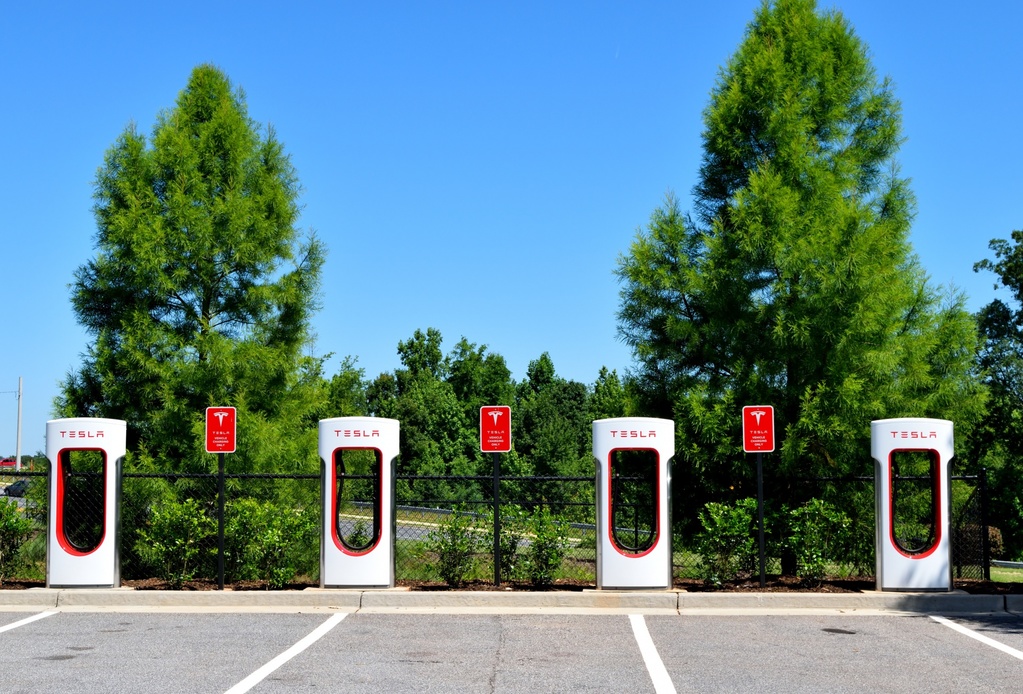Are electric cars too expensive?
We’d all love to reduce our transport emissions to zero, but is the cost too high? We take a look at the real costs of owning an electric car.
With the climate in crisis, reducing our carbon emissions is vital. Our reliance on fossil fuels has made the transport industry one of the biggest polluters. Is there a better way?

Electric cars are often cited as one piece in that large and complex jigsaw. With rechargeable batteries, electric vehicles can run off of clean, renewable energy rather than petrol or diesel.
But with that potential comes a cost — a potentially large one.
Today, we’re going to dissect the question: are electric cars too expensive?
The problem with expensive environmentalism
Before we get into the specific costs of electric vehicles, there’s something important to consider. If sustainable choices must be made at a great cost, where does that leave lower-income people?
With often hefty upfront costs, things like electric cars and solar panels are out of reach for many of us.

That becomes an issue of environmental justice. If certain acts of sustainability are just for the rich, lower-income people suffer. It’s not just a case of being able to act sustainably — those inside cars inhale the emissions of the vehicle.
If lower-income people are exposed to more emissions — while those in electric cars are not — it’s an issue of environmental justice.
With that in mind, let’s get into the costs of electric cars.
Are electric cars more expensive?
One of the big drawbacks of electric cars is the upfront cost. With the rechargeable revolution a recent thing, the second-hand market is not crammed with electric bargains.
While good deals do exist, electric cars tend to keep their value slightly better than petrol or diesel cars. So in many cases, buying new is the way to go. Buyers can expect to pay around £20,000 for the cheapest models, with added costs for the battery.
Despite that big lump sum, running costs are generally lower for electric cars.
Running costs: charging vs refilling
The Nissan Leaf (a ‘budget’ option) costs around £3 to charge from empty. That will give you around 100-150 miles until you need to recharge.

A similar-sized petrol vehicle, meanwhile (the Nissan Micra) will cost around £50 to fill. That will last around 490 miles — in simple terms, the electric vehicle is 3 to 5x cheaper.
Tax relief and repairs
Vehicle Excise Duty (sometimes known as ‘road tax’) is non-existent for many zero-emission vehicles. However, owners of electric cars that cost over £40,000 are now subject to a ‘premium’ tax in years two to six of their ownership.
It’s also worth noting that insuring an electric vehicle may be more expensive, as repairs are often more costly. Some manufacturers demand that batteries are replaced when a car is involved in an accident, to prevent defects down the line. These can be expensive, so insurance premiums have gone up as a result.
With all that being said, it’s thought that electric cars work out cheaper over a vehicle’s lifetime. The costs might be daunting, but cheap charging makes an electric car the right long-term choice for your wallet.
Is the high cost worth it?
Yes, electric cars can be expensive. But the costs are consumed by individuals, not the planet.
That’s not the case for petrol and diesel vehicles, which continue to pollute our airways, oceans, rivers, towns and people.

For those who can afford them, electric cars ease the burden on the planet. We’re hopeful that, with increased demand and improved technology, the prices will come down in the near future. Over to you, Elon.
The climate is facing an unprecedented crisis, and sustainable transport is going to play a big part in the rescue effort. As more barriers to environmentalism come down, we will all be a step closer to making a positive change.



